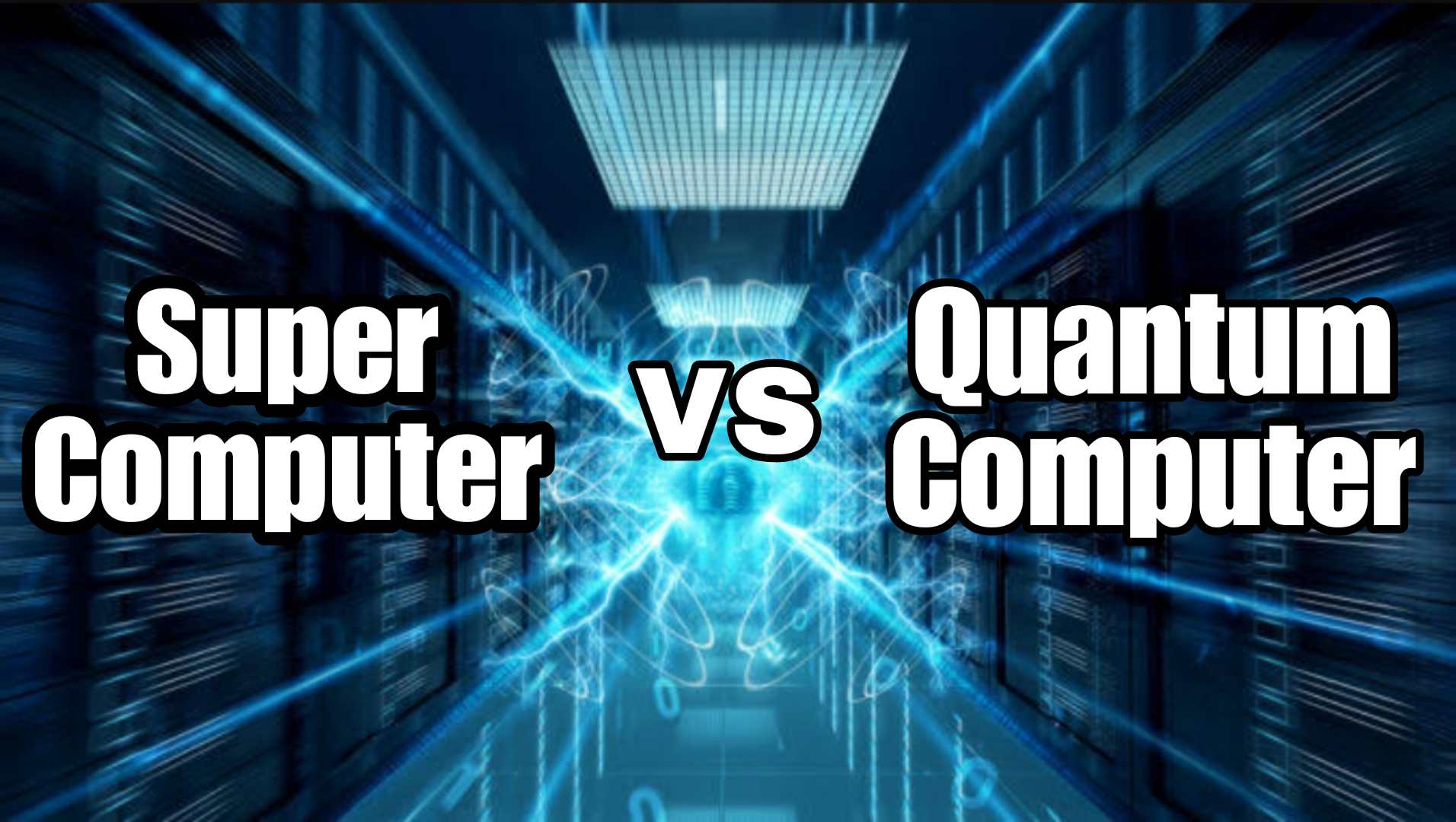Supercomputers are massive systems that have enough space to fill entire rooms. They are made up of sizable clusters of processors that collaborate to accomplish a specific objective. They are capable of exceedingly intricate computations and simulations that are beyond the capabilities of both humans and standard computers. They are able to simulate the beginnings of the universe, create incredibly intricate brain models, and forecast the outcome of a nuclear explosion. Since their introduction in the 1960s, supercomputers have grown in strength. Fugaku, a supercomputer in Japan, is currently the fastest in the world, with a performance of over 442 petaflops (quadrillion floating-point operations per second)!
Top 5 Super Computer :
- Lawrence Livermore Laboratory: The Sierra system is still the fastest supercomputer with a performance of 125.7 petaflops
- IBM’s Summit: The Summit in Tennessee uses two 22-core POWER9 CPUs and six NVIDIA Tesla V100 GPUs to achieve a performance of 148.6 petaflops.
- LUMI: Built by HPE Cray EX in Finland, LUMI has a performance of 151.9 petaflops and is one of the pan-European pre-Exascale supercomputers.
- Fugaku: Developed by Fujitsu and RIKEN, Fugaku is the fastest supercomputer in Japan and the world’s fourth-fastest supercomputer with a performance of 442 petaflops.
- AMD’s Frontier: Frontier is the world’s fastest supercomputer and is capable of more than a billion, billion operations a second, making it the first exascale supercomputer.
Quantum computer at a glance:
A different kind of beast are quantum computers. They manipulate data by utilising quantum-mechanical phenomena like entanglement and superposition. In contrast to ordinary bits, which are only ever 0 or 1, quantum bits, also known as qubits, are always both 0 and 1—that is, until they are measured. This means that numerous computations can be done by quantum computers at the same time, which makes them perfect for solving complicated issues involving the rapid processing of large volumes of data. Although there is still much to be discovered about quantum computing, organisations like IBM, Google, and Microsoft have produced some intriguing prototypes. Google’s Sycamore processor currently holds the record for quantum supremacy, or the capacity to carry out a work that a classical computer is unable to do.
Top 5 Quantum Computer :
- Google’s Sycamore: A 53-qubit quantum chip created by Google’s Artificial Intelligence division
- Intel’s Tangle Lake: A superconducting 49-qubit chip
- IBM’s Eagle: A quantum chip with an unknown number of qubits
- Rigetti Computing’s Aspen-M/Aspen-11: A quantum chip with an unknown number of qubits
- D-Wave’s Advantage: A quantum processor with 5000 qubits
The differences between supercomputers and quantum computers:
Supercomputer | Quantum computer |
Supercomputers have billions of bits | Quantum computers have only a few hundred qubits |
Supercomputers need to perform calculations sequentially, one at a time | Quantum computers can perform many calculations at once |
Supercomputers can handle a wider range of tasks | quantum computers are specialized for certain types of problems, such as optimization, cryptography, and machine learning. |
Supercomputers are expensive to build and maintain, and consume huge amounts of electrical power | Quantum computers are cheaper and more energy-efficient, but also more fragile and prone to errors |
Applications of supercomputers and quantum computers:
– Supercomputers are used for scientific research, national security, weather forecasting, artificial intelligence, and more.
– Quantum computers are used for encryption, decryption, simulation, optimization, drug discovery, and more.
Is it possible to combine two?
But there’s still more! What if we could harness the combined power of quantum computing and supercomputers? Is it possible to build a super quantum computer? That’s not a weird concept, actually. Actually, there are already a few researchers working on it. IBM, for instance, has suggested a hybrid cloud platform that would enable consumers to have on-demand access to both classical and quantum computing capabilities. Users would be able to benefit from the speed and scalability of supercomputers combined with the complexity and parallelism of quantum computing, giving them the best of both worlds.




